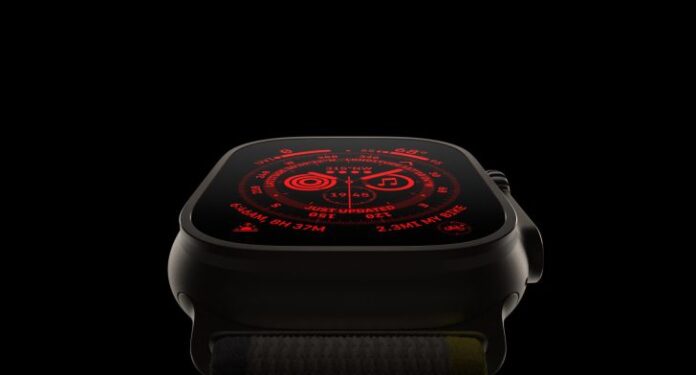
Several Apple Watch models are able to inform their wearers of imminent health dangers, prompting them to seek proper medical attention. There have been countless occasions where smartwatch owners have credited the device for potentially saving lives through early alerts, and according to a recent study, Apple’s wearable family could also be able to detect Parkinson’s disease up to seven years in advance.
Despite there being no cure for Parkinson’s disease, an early detection by an Apple Watch can be critical in various situations
For those that do not know, Parkinson’s disease is a degenerative neurological disease that starts manifesting itself in people from the age of 50, though there are instances where symptoms show up in the 40s too. As there is no cure for the disease, the area of focus lies in the treatment of managing symptoms. According to one study, an Apple Watch would be able to collect the data, which can then be analyzed by AI algorithms, which could then detect the disease up to seven years in advance, before the first obvious symptom.
Researchers at UK Dementia Research Institute (UKDRI) and the Neuroscience and Mental Health Innovation Institute (NMHII) at Cardiff University believe smartwatches could be used as detection tools for Parkinson’s disease. Currently, the most feature-focused wearable when it comes to health and fitness is the Apple Watch, so it is likely that this lineup remains the benchmark, and in the future, there might be dedicated hardware capable of detecting this disease.
Coming back to the study, researchers used data from 103,712 UK Biobank participants who wore a smartwatch for seven days between 2013-2016. However, it should be noted that the first Apple Watch did not officially release until 2015, so it is likely that the latter percentage of participants used an Apple Watch to conclude further testing. In any case, the study states that Apple’s smartwatches are equipped with better motion sensors than other devices feature, meaning that these devices should be able to accurately detect Parkinson’s disease and that, too, years in advance.
With the gathered data, the algorithm can accurately predict which individuals will proceed to develop Parkinson’s disease as they age. The study also showed that AI was more accurate in detecting the disease compared to the current methods that doctors rely on. As it happens, the Apple Watch and iPhone have been explored previously to monitor Parkinson’s disease, though a dedicated sensor or some other kind of hardware has yet to roll out. Given the compact size of the smartwatch, Apple is somewhat limited in what it can incorporate on the inside.
WccftechContinue reading/original-link]




